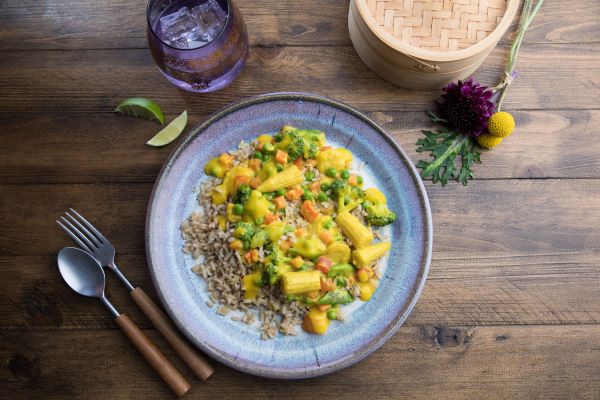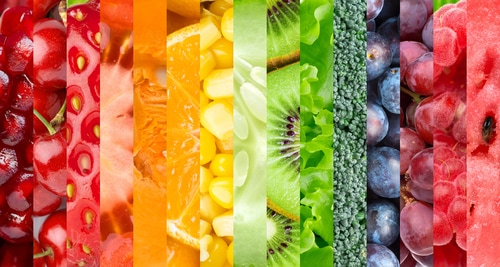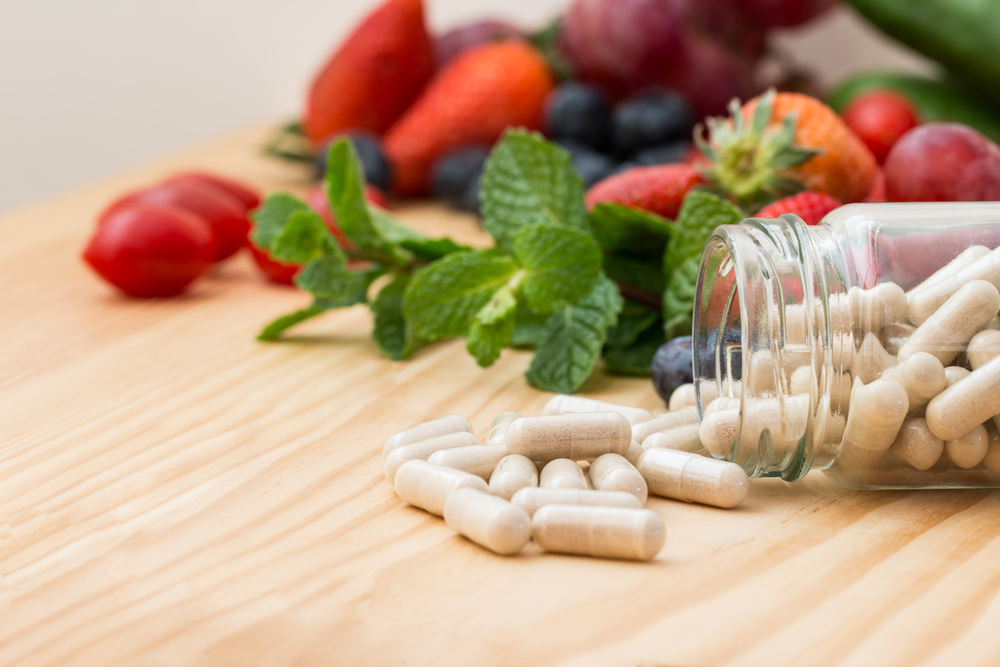Around 1 in 10 adults in the U.S. consider themselves vegetarians and do not include meat as part of their diet. It’s a growing trend, and the variety of vegetarian options and plant-based protein sources available in grocery stores and restaurants has also grown.
Some choose meatless meals for health, environmental or ethical reasons. Others want to reduce their meat intake and have included more vegetarian meals in their daily lives. You may have heard the longtime myth, that vegetarians likely do not get enough protein in their daily diets and may risk a protein deficiency.
However, the truth is there are many vegetarian foods that can supply the right amounts of protein and add to a well-balanced, healthy diet. Here are some helpful tips if you’re following or considering a meat-free lifestyle.
Why protein is important
Getting enough protein in your diet is essential for a healthy body. Made up of important building blocks called amino acids, protein helps keep your cells in good shape, strengthens your muscles and supports the health of your tissues, bones, skin and hair. Having protein in your diet can help you:
- Make enzymes that break down food
- Regulate your hormones
- Build and repair tissue
- Carry oxygen throughout your body
- Maintain a healthy weight
- Strengthen your immune system
Meet-free protein sources
You don’t have to eat a big steak every day to get your necessary protein. If you choose to follow a vegetarian diet, there are still several ways to include protein-rich options that are meat free and nutritious. Foods high in protein include:
- Beans
- Cheese
- Eggs
- Grains
- Greek yogurt
- Lentils
- Legumes
- Nuts
- Soy-based products
How much protein do you need?
The recommended dietary allowance for protein for a healthy individual (not battling chronic or acute illness) is 0.8 grams of protein for every 2.2 pounds of body weight. For example, a person who weighs 165 pounds should consume 60 grams of protein per day. Contact your doctor to verify how much protein you need.
Here are some vegetarian-friendly foods and the amount of protein they supply per serving:
| Peanut Butter (2 tablespoons) | 8 g | |
|---|---|---|
| Cashews (18 nuts) | 5 g | |
| Edamame (1 cup) | 17 g | |
| Black Beans (1/2 cup) | 8 g | |
| Garbanzo Beans / Chickpeas (1 cup) | 11 g | |
| Red Lentils (1/2 cup) | 12 g | |
| Quinoa (1 cup cooked) | 8 g | |
| Tofu (1/2 cup) | 10 g | |
| Tempeh (1 cup) | 31 g | |
| Almonds (23 nuts) | 6 g | |
| Greek Yogurt (3/4 cup) | 18 g | |
| Eggs (1 egg) | 7 g | |
| Cottage Cheese (1/2 cup) | 12 g | |
| Pinto Beans (1 cup) | 15 g | |
| Nutritional Yeast (2 tablespoons) | 10 g | |
Mom’s Meals® can help
We make it easy and delicious for vegetarians to help get the nutrition they need for better health. Conveniently delivered direct to homes nationwide, Mom’s Meals offers a full menu of options that include dairy and eggs, but are free from beef, pork, poultry and fish. Each meal is developed by professional chefs and registered dietitians to not only be nutritious, but delicious too. Plus, you can choose the meals you want in each delivery, so you can enjoy more of your favorites!
If you are a self-pay customer or caregiver interested in our vegetarian meals, you can order now. If you are or think you may be eligible to receive meals through a government program or health plan, contact your area agency on aging or health care provider for more information.



